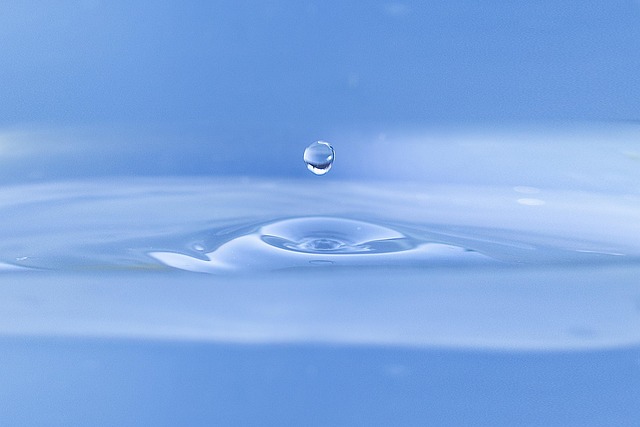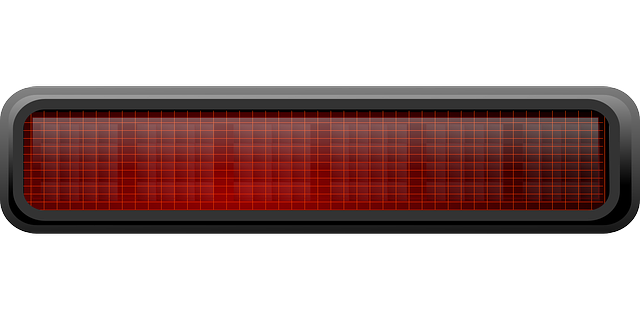Category: Water Heater Maintenance
Water Heater Maintenance: Ensuring Efficient and Sustainable Hot Water Supply
Introduction
In every household and commercial establishment, the water heater plays a pivotal role in our daily lives, providing access to hot water for various purposes. However, like any critical component of modern infrastructure, water heaters require regular maintenance to ensure optimal performance, longevity, and energy efficiency. This article delves into the intricate world of water heater maintenance, exploring its significance, global impact, technological innovations, regulatory frameworks, and the challenges that lie ahead. By the end, readers will grasp the multifaceted importance of maintaining this essential household appliance.
Understanding Water Heater Maintenance
Water heater maintenance refers to the process of regularly inspecting, cleaning, repairing, and replacing various components of a water heating system to preserve its efficiency and extend its lifespan. This encompasses a range of tasks, from simple do-it-yourself checks to complex professional services. The primary goal is to prevent breakdowns, improve energy performance, and ensure the safe and consistent delivery of hot water.
Core Components:
- Water Heater Tank: Stores heated water and serves as the primary reservoir. Maintenance involves checking for leaks, corrosion, and proper insulation.
- Heating Element/Burner: Responsible for heating the water. Regular cleaning and inspection are crucial to prevent buildup and ensure efficient operation.
- Thermostat: Regulates the water temperature. Calibration and replacement may be necessary to maintain accurate temperature control.
- Drain Valve: Used for flushing and maintaining the system. Regular draining helps remove sediment accumulation.
- Insulation: Essential for energy efficiency, insulation prevents heat loss and is critical for tankless water heaters.
Historically, water heater maintenance has evolved significantly, from early designs that required frequent refilling to modern high-efficiency models with advanced safety features. Today, regular maintenance is recognized as a key strategy to reduce energy consumption, lower operating costs, and minimize environmental impact.
Global Impact and Trends
Water heater maintenance practices vary across the globe, influenced by regional climates, economic factors, and cultural norms. Here’s an overview of some key trends:
| Region | Maintaining Water Heaters | Unique Considerations |
|---|---|---|
| North America | Regular inspection and cleaning are common, with a focus on energy-efficient models. | Strict energy efficiency standards drive market trends. |
| Europe | Comprehensive maintenance programs, including regular flushing and insulation checks, are prevalent. | The European Union’s Eco-Design Directive sets stringent environmental standards. |
| Asia Pacific | A mix of traditional and modern practices, with growing adoption of smart water heaters. | Rapid urbanization drives demand for efficient and compact water heating solutions. |
| Middle East & Africa | Emphasis on durability and long-term performance due to extreme climates. | Limited access to resources influences maintenance frequency and methods. |
These variations highlight the diverse nature of water heater maintenance, with each region adapting practices to suit local conditions. As global temperatures rise and energy costs fluctuate, the importance of efficient water heater maintenance is becoming increasingly evident worldwide.
Economic Considerations
The economic aspects of water heater maintenance are multifaceted, impacting both consumers and industries:
- Market Dynamics: The global water heater market is characterized by intense competition, with manufacturers introducing innovative products to meet evolving demands. This includes smart water heaters with remote control features, energy-efficient models, and tankless systems.
- Investment Patterns: Regular maintenance can significantly reduce the lifetime cost of water heaters, saving homeowners and businesses money in the long run. Preventive measures often result in lower repair and replacement expenses.
- Energy Cost Savings: Efficient water heating systems contribute to substantial energy savings, leading to reduced utility bills. According to a study by the U.S. Department of Energy, upgrading to a new, high-efficiency water heater can save an average household $300 annually on energy costs.
- Job Creation: The maintenance sector employs numerous technicians, creating job opportunities and supporting local economies.
Technological Advancements
Technological innovations have revolutionized water heater maintenance, improving efficiency, safety, and user experience:
- Smart Water Heaters: Equipped with Internet of Things (IoT) capabilities, these heaters can be controlled remotely, allowing users to adjust temperature settings and monitor energy usage. Some models even learn user preferences and optimize performance accordingly.
- Digital Thermostats: Advanced digital thermostats offer precise temperature control, automatic shut-off features to prevent overheating, and remote access for convenient programming.
- Energy-Efficient Models: Technological advancements have led to significant improvements in heat exchanger design, insulation materials, and energy-saving modes, resulting in reduced energy consumption and lower operating costs.
- Flame Retention Technology: In gas water heaters, flame retention systems improve combustion efficiency by minimizing air leaks, leading to better fuel utilization and reduced emissions.
These technological breakthroughs not only enhance the performance of water heaters but also contribute to a more sustainable future by reducing environmental impact.
Policy and Regulation
Governments worldwide have recognized the importance of water heater maintenance and implemented policies to promote energy efficiency and environmental protection:
- Energy Efficiency Standards: Many countries have established minimum energy performance standards for water heaters, ensuring that new models meet certain efficiency criteria. These standards are regularly updated to incorporate technological advancements.
- Rebate Programs: Some governments offer financial incentives, such as rebates or tax credits, for consumers who purchase high-efficiency water heaters, encouraging the adoption of more sustainable technologies.
- Building Codes: Local building codes often mandate specific water heater maintenance practices, including regular inspections and flushing, to ensure safety and compliance.
- Environmental Regulations: Strict regulations aim to reduce greenhouse gas emissions from water heating systems, pushing manufacturers to innovate and develop cleaner technologies.
Challenges and Future Outlook
Despite the numerous benefits of water heater maintenance, several challenges lie ahead:
- Access to Resources: In developing regions, limited access to electricity and clean water can hinder proper maintenance practices.
- Technological Adoption: The cost of advanced, smart water heaters may deter some consumers, despite their long-term benefits.
- Skilled Labor Shortage: The demand for qualified water heater technicians exceeds the supply in many areas, leading to longer wait times for repairs and increased costs.
- Climate Change: Extreme weather events can disrupt maintenance schedules and damage water heaters, requiring more resilient solutions.
Looking ahead, the future of water heater maintenance is poised for further innovation and adaptation:
- Predictive Maintenance: The integration of IoT sensors and advanced analytics can enable predictive maintenance, forecasting potential issues before they occur.
- Remote Monitoring: Smart water heaters and digital thermostats will continue to evolve, offering remote monitoring capabilities for optimal performance and energy management.
- Sustainable Solutions: With a growing emphasis on environmental sustainability, the industry will focus on developing eco-friendly materials and energy-efficient technologies.
- Collaborative Efforts: Governments, manufacturers, and consumers will need to work together to address challenges, share best practices, and promote water heater maintenance as an essential aspect of sustainable living.
Conclusion
Water heater maintenance is a critical yet often overlooked aspect of household and industrial operations. Regular care not only extends the lifespan of these appliances but also contributes to energy conservation, cost savings, and environmental sustainability. As technology advances and global awareness grows, the future of water heater maintenance promises innovative solutions tailored to diverse regional needs. By embracing best practices and adopting new technologies, we can ensure that this essential appliance continues to serve us efficiently for years to come.
Optimizing Water Heater Maintenance: How Often Should You Flush It?
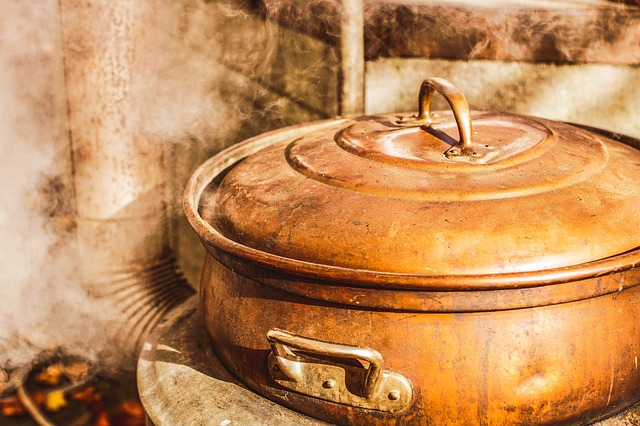
Regular water heater maintenance, including monthly flushing and annual checks, is vital for optimal…….
… … [ … … … [ … … … … … … … … … … … … … … … … … … … … … … … … … … … … … … …
Mastering Water Heater Maintenance: Keep Hot Water Flowing

Understanding your water heater type (tank or tankless) is crucial for effective maintenance. Regula…….
Uncover Water Heater Warning Signs Demanding Immediate Attention

Unusual noises (banging, grinding) and smells (musty, sulfurous) from your water heater are warning…….
Maximize Energy Efficiency: The Power of Regular Water Heater Maintenance

Regular water heater maintenance is key to maximizing efficiency, reducing energy costs, and prevent…….
Maximize Water Heater Efficiency: Regular Checks for Optimal Performance
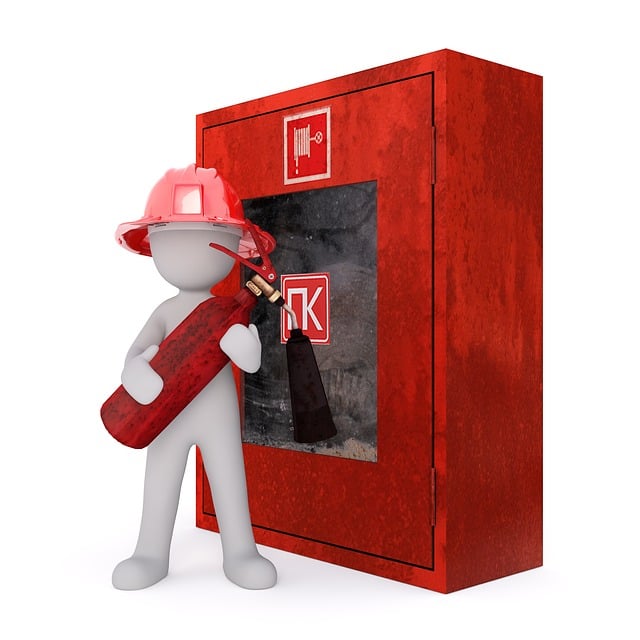
Regular water heater maintenance is vital for optimal performance, energy cost savings, and tank lon…….
Prevent Costly Repairs: Master Regular Water Heater Maintenance

Regular water heater maintenance is vital for preventing breakdowns, extending lifespan, and saving…….
Master Water Heater Maintenance: Why Flush & How to Do It Right

Regular water heater flushing (at least annually) is vital for Water Heater Maintenance. It clears m…….
Master Water Heater Care: Prevent Sediment Buildup & Leaks
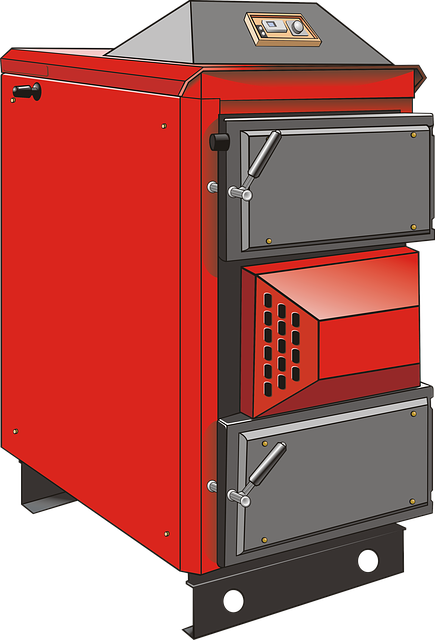
Water heater maintenance is key to preventing severe issues like leaks, tank failure, and reduced ef…….
